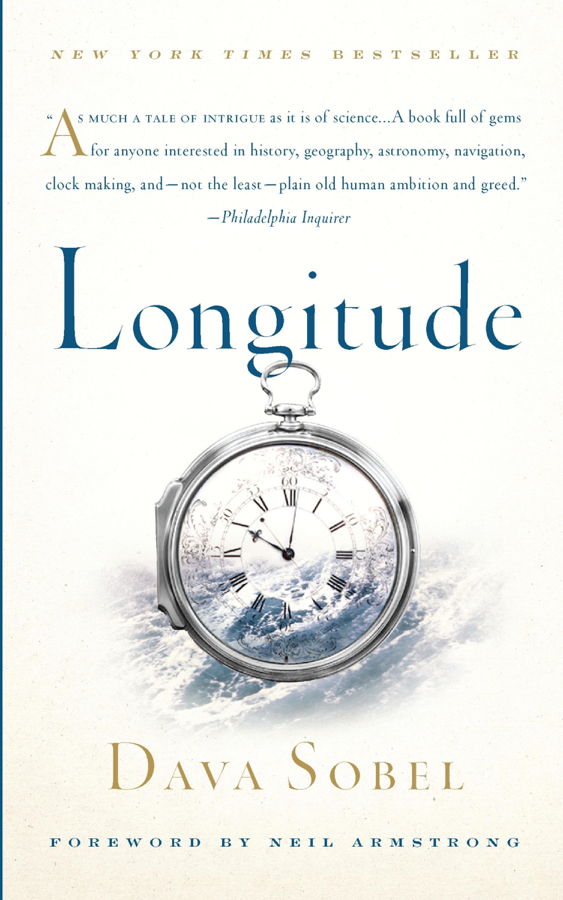Book review: Longitude by Dava Sobel

Longitude by Dava Sobel is a well-written and expertly researched book that tells the story of John Harrison and his quest to solve one of the greatest scientific challenges of his time: determining longitude at sea. The book is both a history of the problem of longitude and a biography of Harrison, who was a remarkable inventor and craftsman.
The story begins in the 18th century, when sailors were still relying on the position of the stars and the sun to navigate the seas. However, this method was unreliable and often resulted in ships becoming lost, stranded, or shipwrecked. The problem of determining longitude was considered so important that the British government offered a large reward to anyone who could solve it.
Enter John Harrison, a self-taught clockmaker from Yorkshire. Harrison was determined to solve the problem of longitude using a clock that could keep accurate time at sea. He spent decades working on his clocks, experimenting with different designs and materials. His first clock, the H1, was a wooden clock that was tested on a ship voyage to Lisbon. Although it performed well, it was not accurate enough to win the Longitude Prize. Harrison continued to work on his clocks, and his fourth and final clock, the H4, was a masterpiece of precision engineering. It was tested on a ship voyage to Jamaica and was accurate to within a few seconds per day.
Sobel tells the story of Harrison’s quest with great detail and clarity, making the scientific and technical aspects of his work accessible to a general audience. She also delves into Harrison’s personal life, describing his struggles with the government officials who controlled the Longitude Prize, and his complex relationship with his son William.
One of the things that I enjoyed most about the book was the way Sobel brings Harrison to life as a fully-realized human being. He is not just a brilliant inventor, but also a man with flaws and passions. His story is both inspiring and tragic.
Another thing I liked about Longitude is the way Sobel uses the story of John Harrison to illuminate the broader historical context of the 18th century. The book is not just about one man’s quest to solve a scientific problem, but also about the social and cultural factors that shaped the age.
Overall, Longitude is a well-written and engaging book that tells the story of one of the greatest scientific challenges of the 18th century, and the man who solved it. It is a must-read for anyone interested in history, science, and the human spirit.